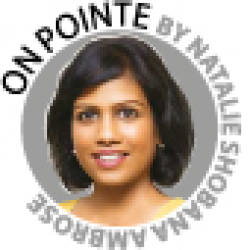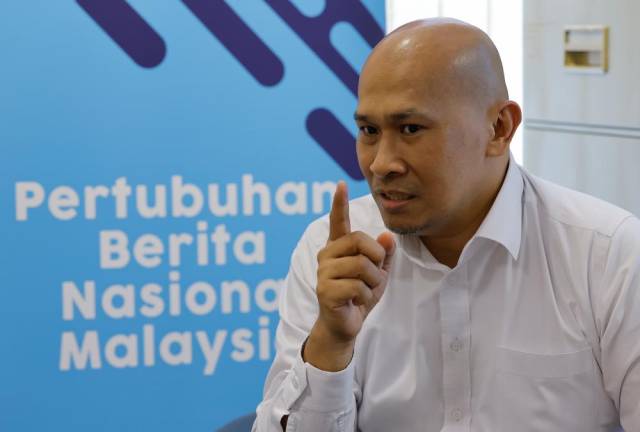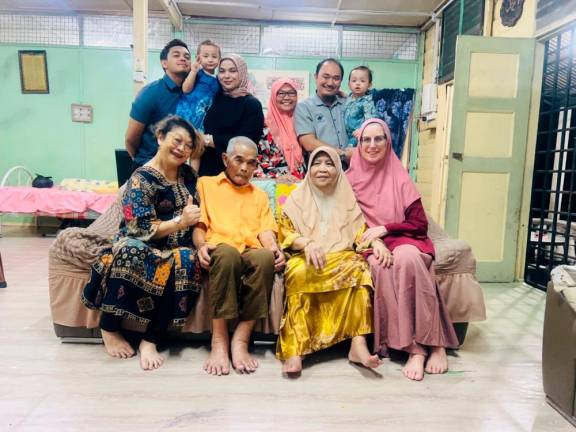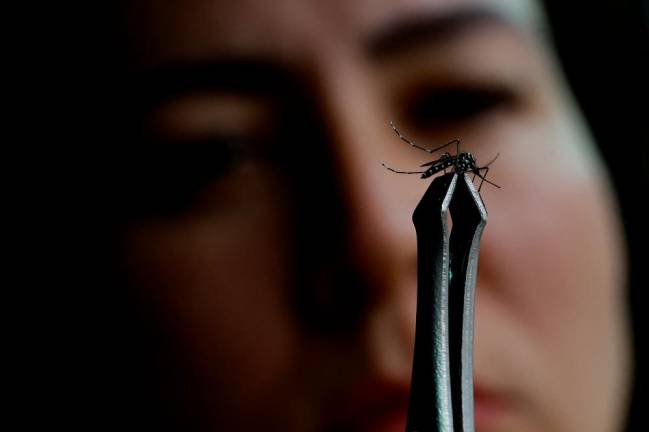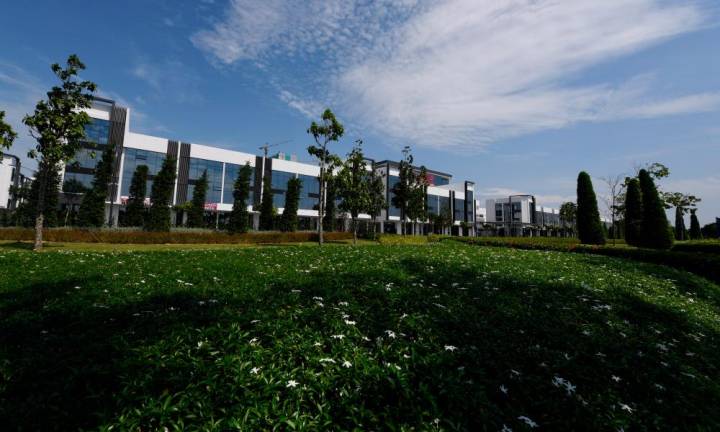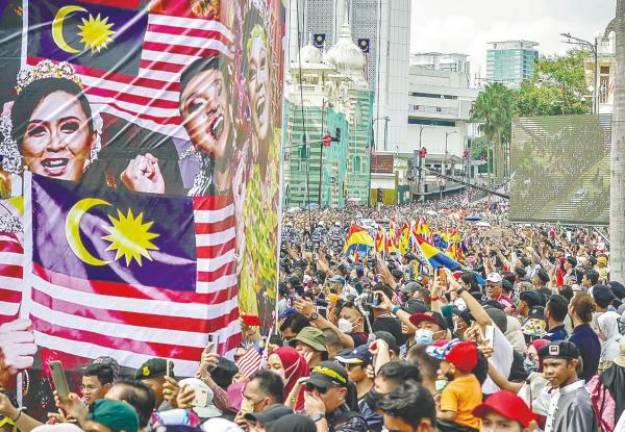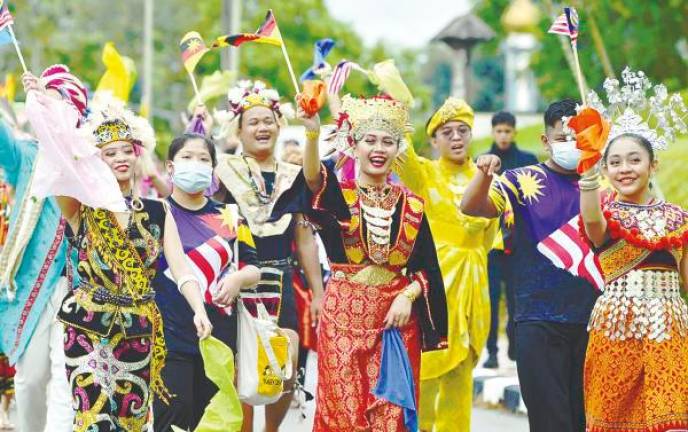IN 1994, during the 100 day Rwandan massacre, the single story the world heard was of genocide. Every news feed on Rwanda was about the mass slaughter of the minority Tutsis by Hutu extremists. That was the single story we heard.
Over 20 years later, despite being known as a model economy famous for its lush greenery and the renowned Volcanoes National park that is home to mountain gorillas and golden monkeys, the name Rwanda has a deep echo of that genocide which follows it. The single story which the rest of the world heard is only of the killings.
We did not hear about the peacemakers. We did not hear about those who risked their lives to save. We did not hear about those who protected the very people who they were told to hate. Perhaps it was not safe to highlight these people at that time, or perhaps extreme and dramatic stories sell better.
Two months ago however, The Humans of New York released stories of the “The Rescuers”. The people who did just that – rescued. Each day a new story was told about how ordinary people did extraordinary things to save people in times when their own lives were at risk. It was heart-wrenching and eye opening to see such a different dimension.
What would have happened if the Rescuers could not see beyond that single story of hate?
Prolific Nigerian writer Chimamanda Ngozi Adichie cautioned about the danger of a single story. She said: “Show a people as one thing and only one thing over and over again, and that is what they become.”
Malaysians are guilty of believing that single story. We passively accept stereotypes – the lazy Malay, the money-crazy Chinese, the gangster Indian, the backward native. When in reality I like most of you have worked with hardworking, kind, Malaysians of all ethnicities and have also worked with lazy, money-crazy, backward bullies of all ethnicities.
The danger of this single story is the making of the other. It starts small with emphasising what is different and like a flame moves quickly to contradict our equal humanity.
Dehumanising not just robs people of their dignity it also destroys countries.
That single story makes it easy to hate from a distance. I know of people who post and forward some pretty horrible racist statements and rants about my faith or anyone outside their faith. I also know that these people, would find it difficult to repeat those forwards in person, face to face. Why? Because it is difficult to hate upfront.
When we expand our interactions beyond our racial, religious and socio-economic bubbles, we gain more than the single story, we understand each other better. These are things we know in theory too well. We know that our education system plays an important role in breaking barriers, and we also know that the current ethnic make up in many national schools is lopsided – making it a breeding ground for creating a single story problem.
Malaysia has had an alarming number of single-story incidents. The anti-ICERD protest is one of them. Many have written and spoken about this. From condemning the protest to calling it a win for democracy and peaceful protests. We have seen videos of speakers saying some pretty vile things out of righteous indignation playing to the emotive instead of fact.
While many have called this misplaced, it does not change the fact that 55,000 people came out to protest. Some protesters do not even know what ICERD is. They were told and believe that if signed, their rights will be taken away by the infidels. That is the single story narrative. That is the creation of the other. The creation of hatred.
But condemning solves nothing. We have to find ways to engage and have access to different types of people for us to repair these misconceptions and be done with only the single story.
It starts with public education and dialogues to build community resilience. This new Malaysia cannot afford to keep tripping over our fault lines. We need to learn from this.
The manner in which the country’s ICERD position was introduced could have been done better. Before announcing it at the UN General Assembly, there should have been public education campaigns carried out by knowledgable people. It is hard work to “turun padang” but this is extremely important work. Think tanks, academics, columnists and the like can write as many articles and policy papers but if that information is not succinctly packaged and related to everyday Malaysians, to the very Malaysians who travelled by bus to protest last Saturday, that dangerous single story will continue to win.
It does not help that there is a group of opposition politicians who are fiercely riding on this single story bandwagon. Who are bullying their way into getting this new government to pander, for their own benefit. Knowing that their strategy is to play fast and loose with the truth and knowing how dangerous flaming racial and religious sentiments are for a multiracial country, moving forward this government has to address those fears and concerns of the protesters. Strategise better next time, invest in public education instead of making grand announcements without doing the leg work.
To counter this single story problem, we need access to different stories of Malaysians and these stories have to go beyond the stereotypes and beyond that single narrative. Highlight the stories that show our common humanity, that show our collective love for the country, our allegiance to the principles that created Malaysia. The Malaysian story is colourful and inclusive. That is the story that needs to be told, over and over again.
Comments: letters@thesundaily.com



